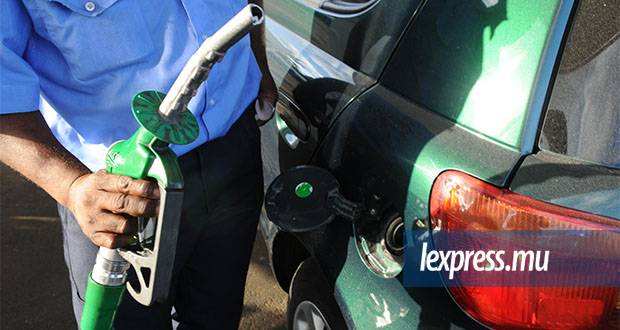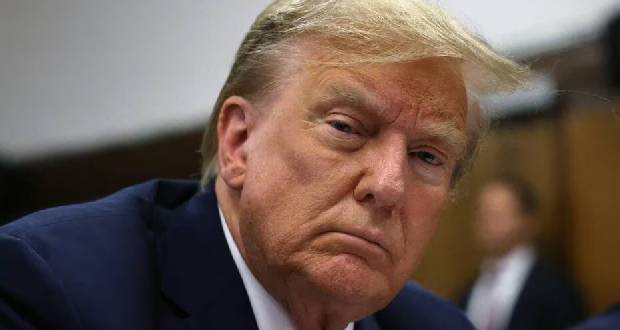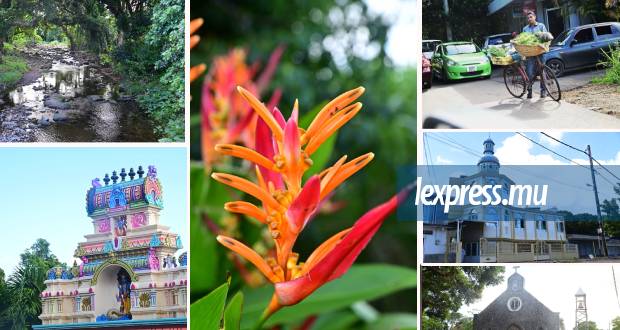Publicité
Africa through South Africa?
Par
Partager cet article
Africa through South Africa?

Despite its several political and economic challenges, Africa is almost unanimously referred to as the continent of the future. The main reason being that half of the world’s population growth will occur between now and 2050 on the continent we belong to. According to UN’s latest population report, of the additional 2.4 billion people projected to be added to the global population, not less than 1.3 billion will be Africans.
For the sustainable future of Africa as we have dreamt it, growth needs to be qualitative as well as quantitative. Across the continent, where a new middle class is emerging, access to education has improved and an increasing number of people are going to school and university. In a continent rife with core issues that have plagued it for decades, the step in the right direction is undeniable.
To steadily drive Africa forward, much more than small Mauritius can afford to do, analysts and savvy investors believe that only South Africa has the financial infrastructure and, with Cyril Ramaphosa, a somehow new political will to forge ahead.
Being a member of the BRICS group, that superstrong President Xi Jinping wants to promote as “champions of globalization and trade”, South Africa has what a lot of other countries on (or around) the continent do not yet have: “the quality of infrastructure, sophistication of financial services, the Johannesburg Stock exchange (the largest on the continent), regulatory environment, maturity of auditing profession, ICT infrastructure, ports, roads and rails”, as underscored by Deloitte Africa.
If South Africa is expected to be the main gateway into Africa, then the political leadership is crucial to usher in an era of democratic and meritocratic governance.
For a decade now, the economic giant of the continent, recognized for its formal economy based on mining, banking, and diversified services, has remained one of the most violent countries in the world, with a long legacy of political violence and human insecurity.
When talking to South Africans these days (many have come to settle in Mauritius), one gathers the impression that apartheid is still unresolved in many ways. Instead of the optimistically projected era of peace and stability following Nelson Mandela’s remarkable leadership, political violence has started to worsen, and could be indicative of South Africa’s potential fragility.
Quoting from An Inconvenient Youth: Julius Malema and the ‘new’ ANC, (by Irish journalist Fiona Forde): “one of the main tensions in South African politics is the realisation that there is something unresolved in the constitutional democratic settlement that suspended the revolution in 1994 but did not erase apartheid from the social, economic and mental landscape.”
This noticeable trend can be confirmed through several reports. South Africa, one of the top five performers in Africa, is rated number 44 out of 54 countries on ‘personal safety’. The country’s overall governance quality was observed as having “deteriorated”.
This is precisely why a great deal is expected from Cyril Ramaphosa who was recently elected as the new leader of South Africa’s governing party, the African National Congress (ANC). In this capacity, Ramaphosa is expected to become the country’s president as from 2019.
According to South African journalists, Ramaphosa has the advantage of having a “deep understanding and strong networks of business and organised labour to the position”. However, things are not expected to be easy for the new leader. His ANC presidency comes with a zeitgeist of division that has defined South African politics in recent years: half of the party’s elected leaders come from the camp that backed Nkosazana Dlamini-Zuma, Ramaphosa’s main opponent, as president of the ANC.
Ramaphosa, a 65-year-old union leader, having led the powerful National Union of Mineworkers, became a businessman and is now one of South Africa’s richest people. In his maiden speech, Ramaphosa promised to expedite job creation, improve the lacklustre economy and speed up the transfer of land to black people.
Two decades after the end of apartheid, the ANC is still under pressure to redress racial disparities in land ownership where white people own most of the land. “The expropriation of land without compensation should be among the mechanisms available to government to give effect to land reform and redistribution,” Ramaphosa said.
If Ramaphosa succeeds, Africa also might succeed. However, if he fails, Africa will certainly be dragged into a downward spiral of conflicts – and the economic growth will stall despite its promising youth bulge….
Publicité
Les plus récents






